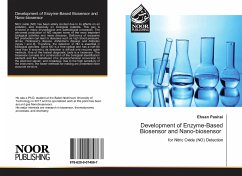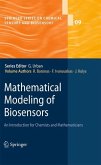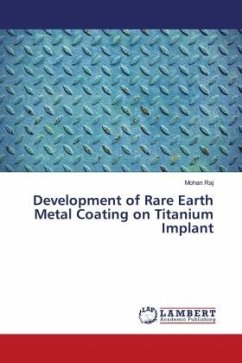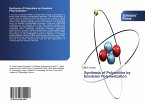Nitric oxide (NO) has been widely studied due to its effects on air pollution, and especially on biological systems. This gas is involved in many physiological and pathological processes. The abnormal production of NO causes some of the most important biological activities and many diseases. Deficiency of excessive NO production can lead to diseases such as high blood pressure, stroke, Parkinson's disease, Alzheimer's disease and diabetes (types I and II). Therefore, the detection of NO is essential in biological activities. Since NO is a free-radical and has a half-life (less than 6 seconds), its detection is difficult and requires quick methods. One of the fastest diagnostic tools is a biosensor. The biosensor consists of a combination of the biological identification element and the transducer (the physicochemical conversion to the electrical signal), and nowadays, due to the high sensitivity of the instrument, the newer methods for making are presented more accurate sensors.
Bitte wählen Sie Ihr Anliegen aus.
Rechnungen
Retourenschein anfordern
Bestellstatus
Storno








